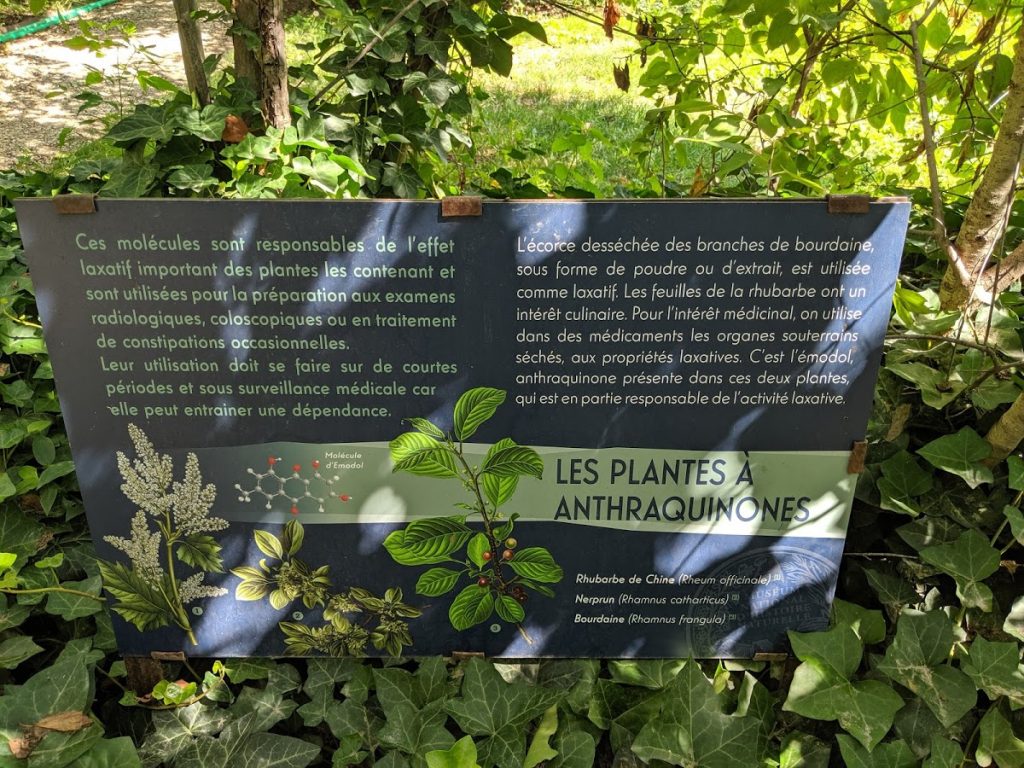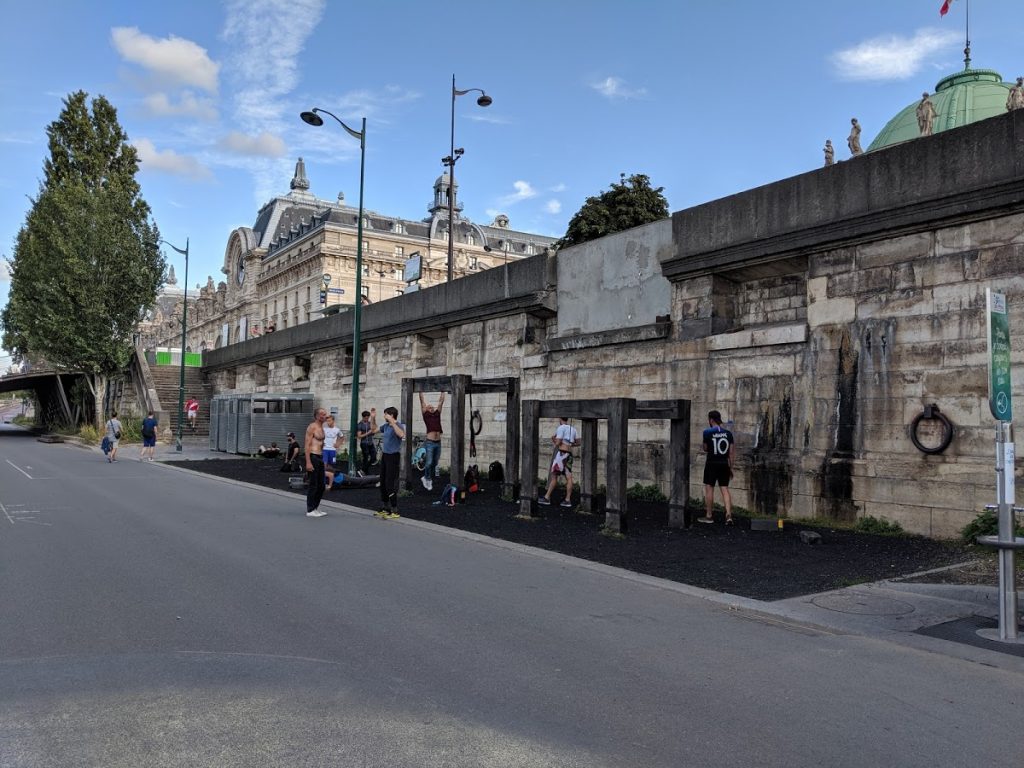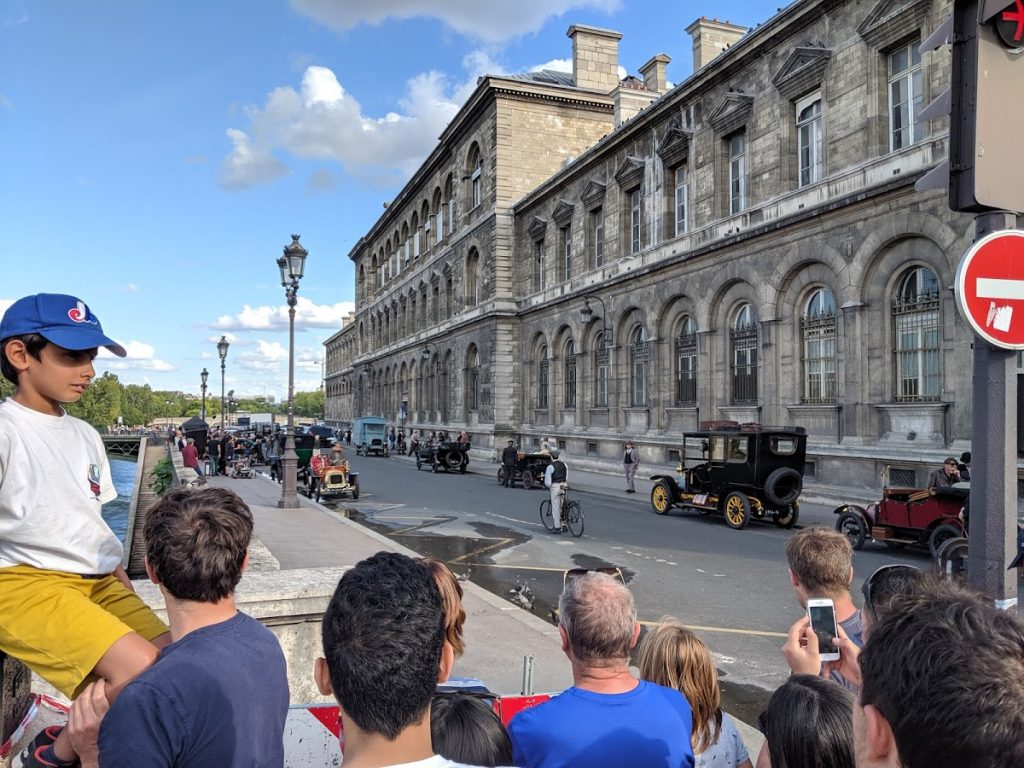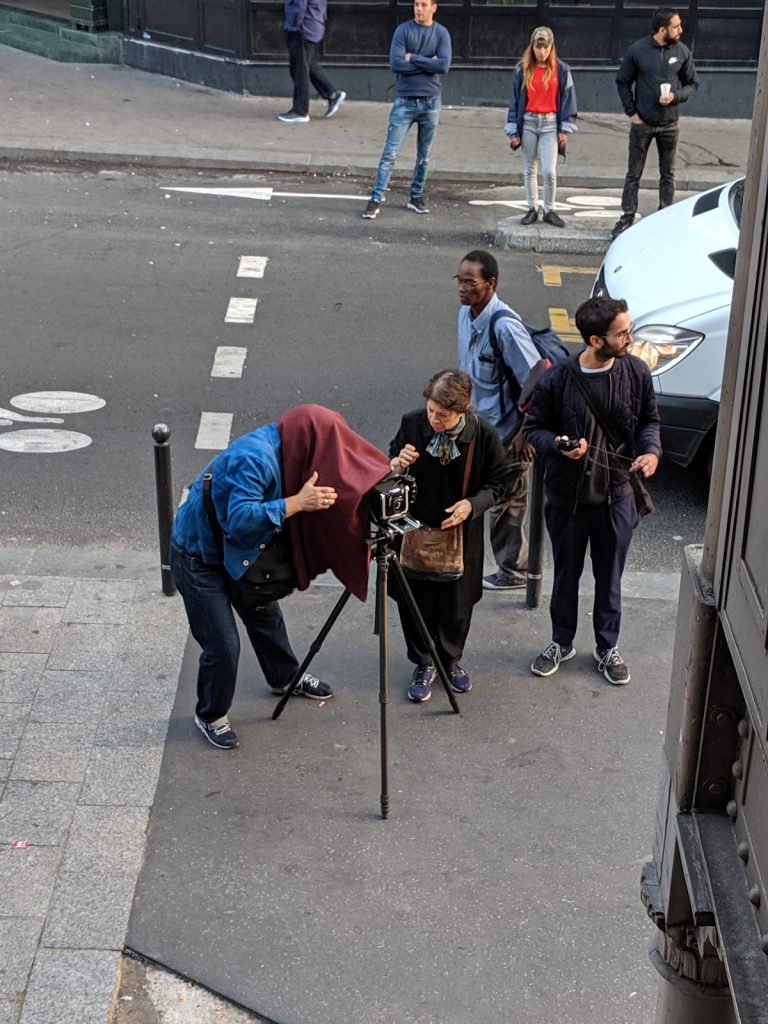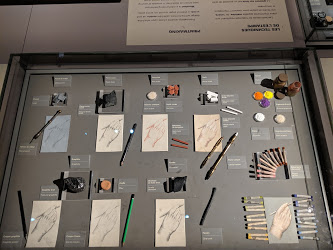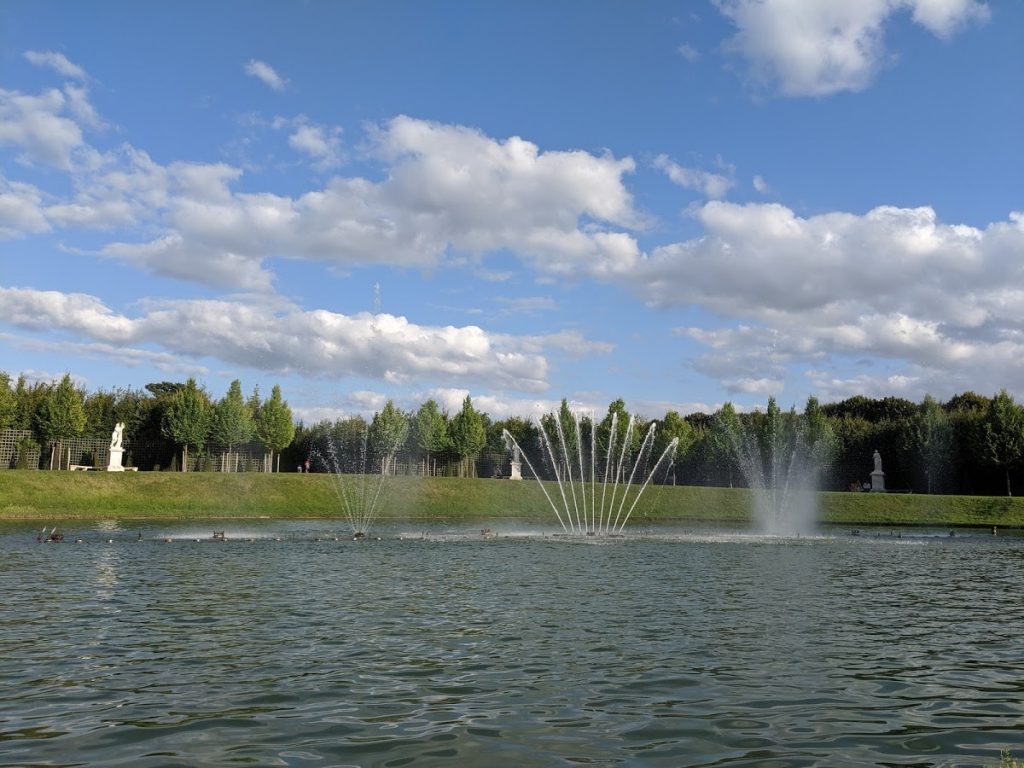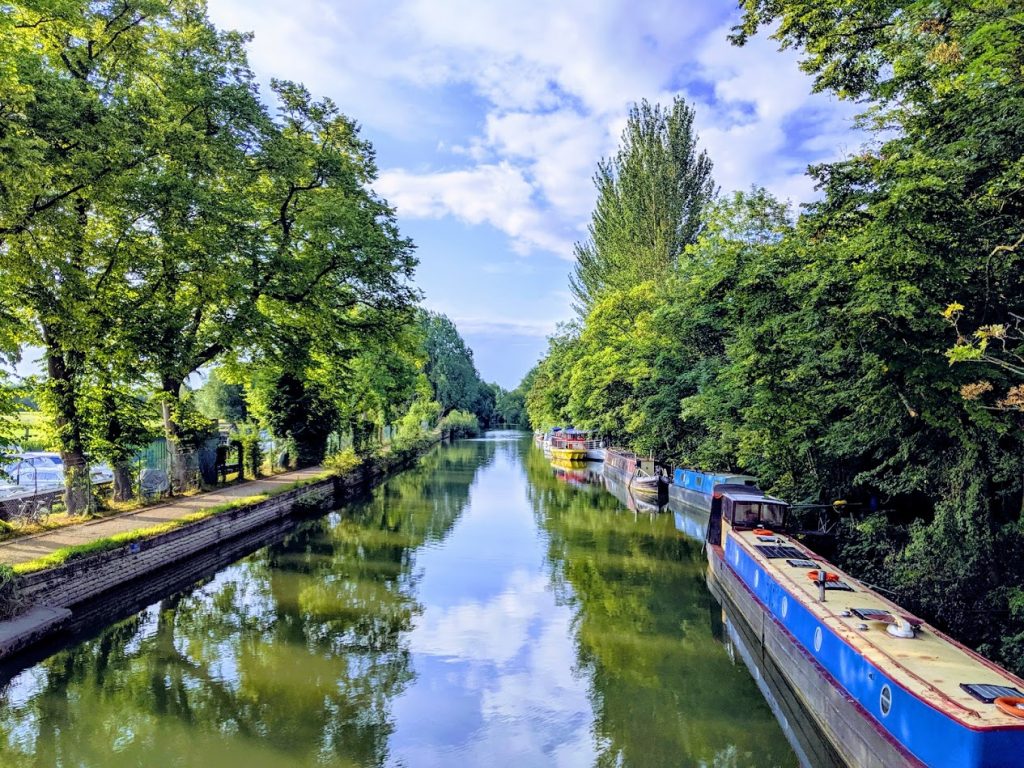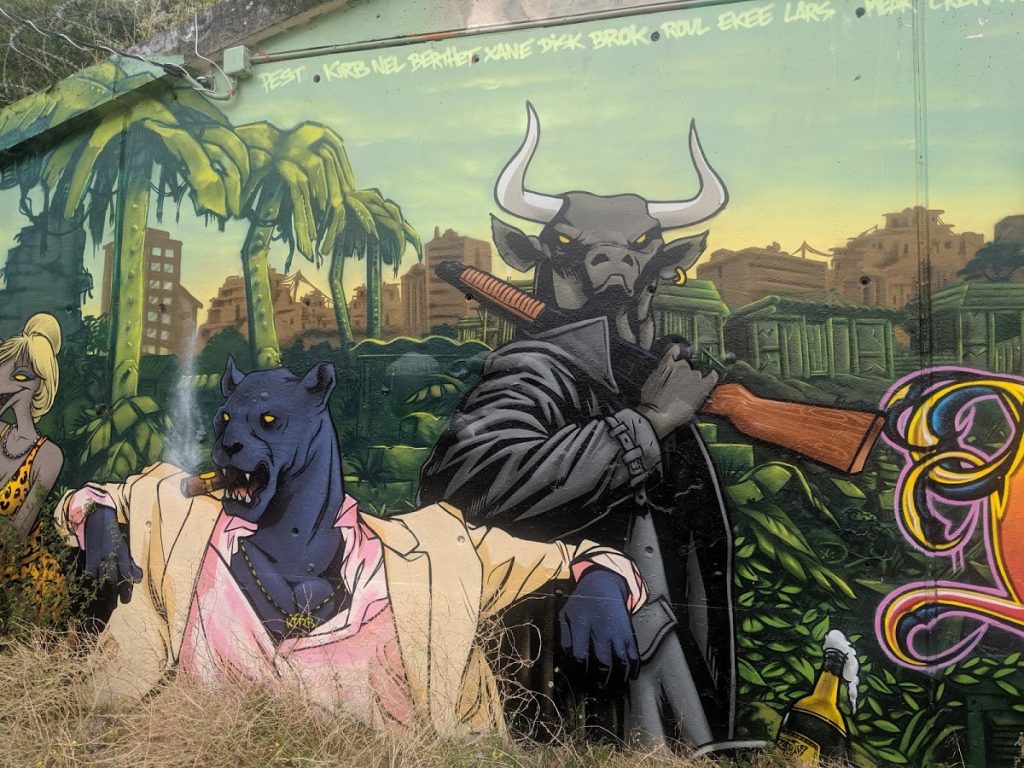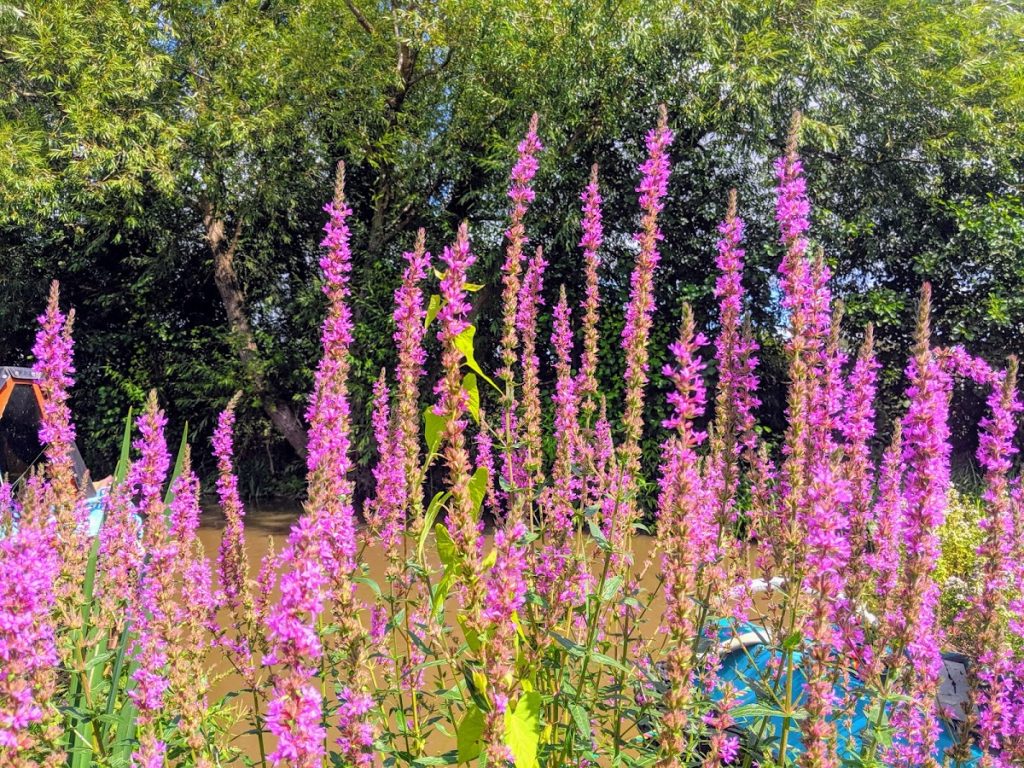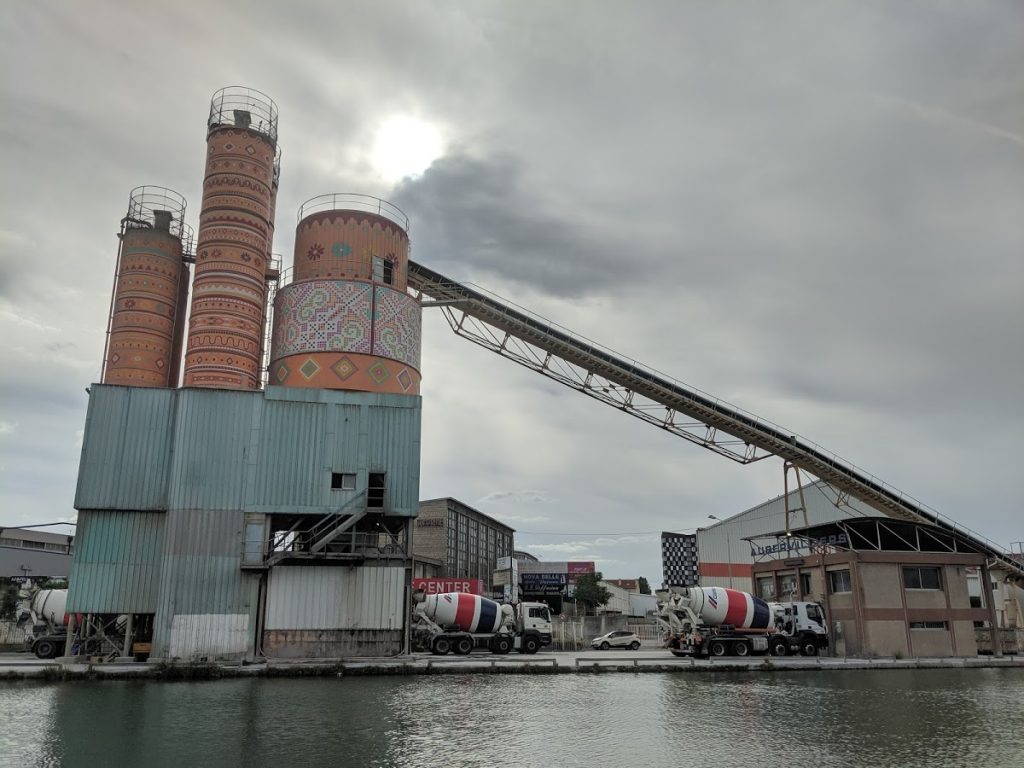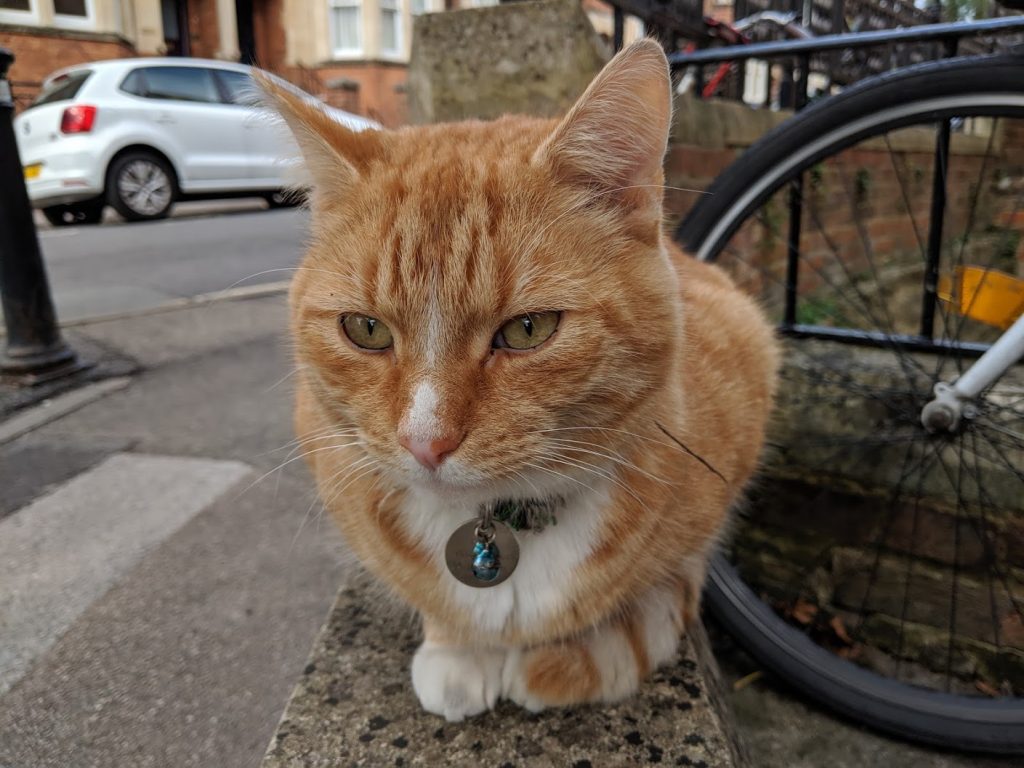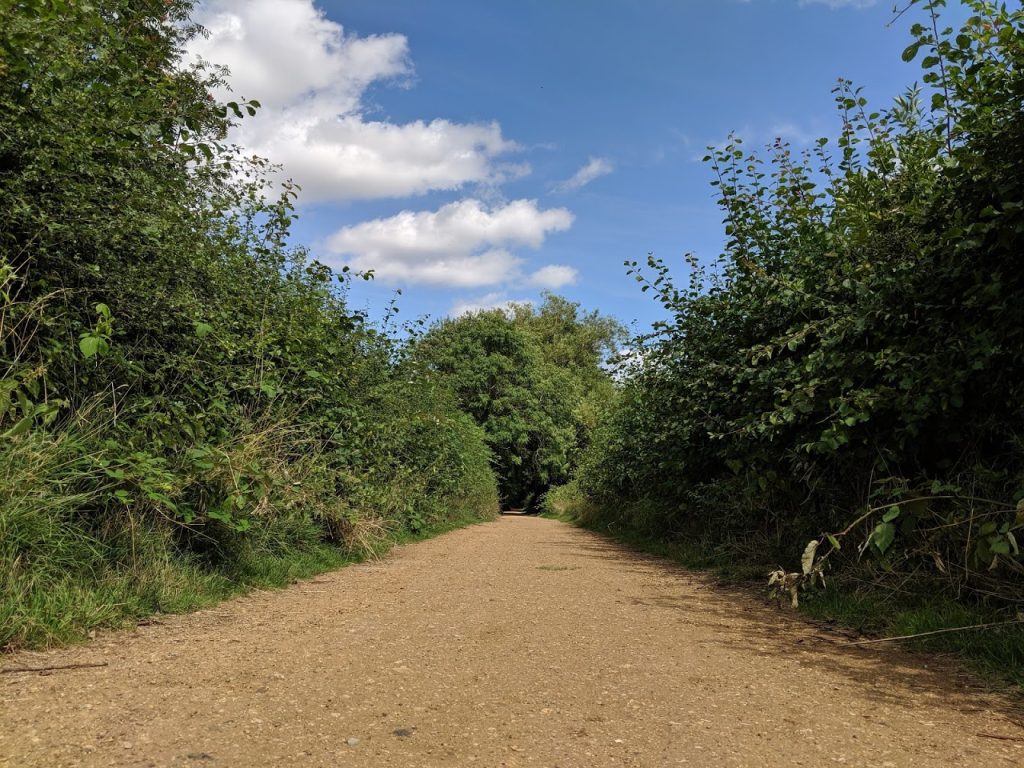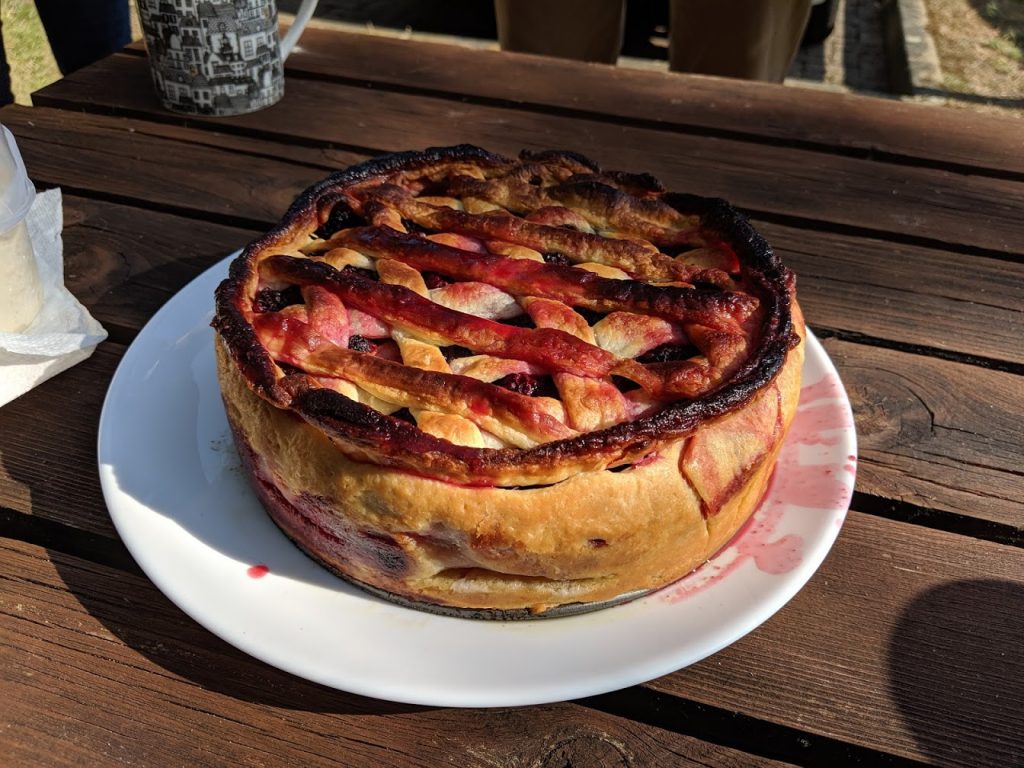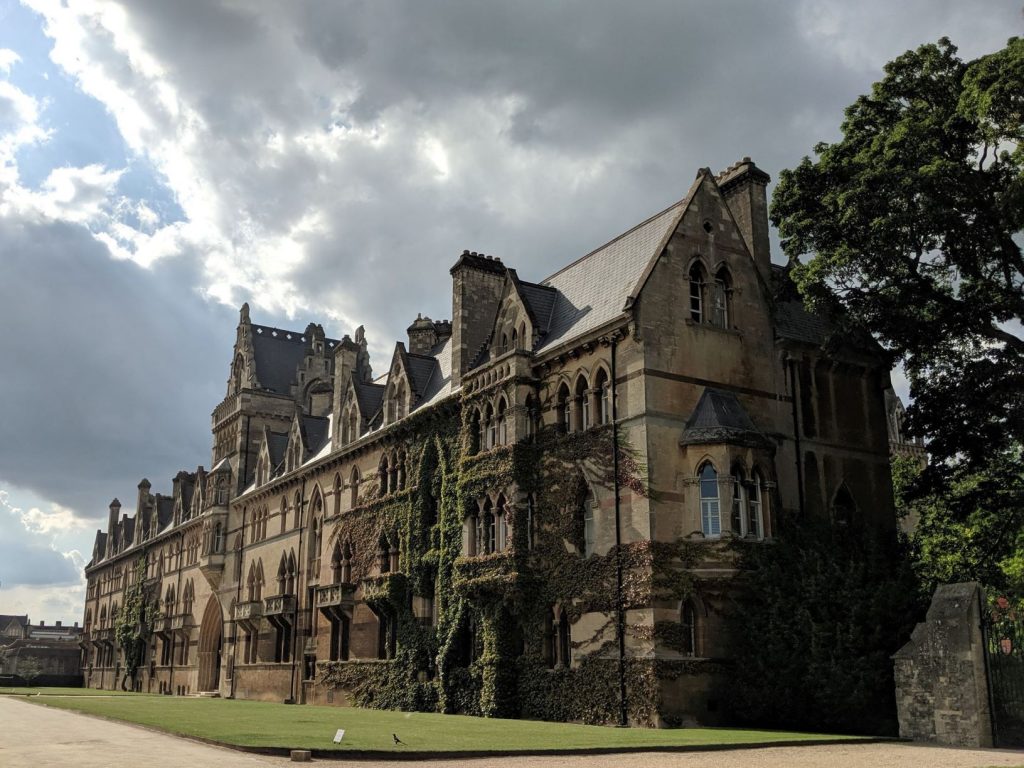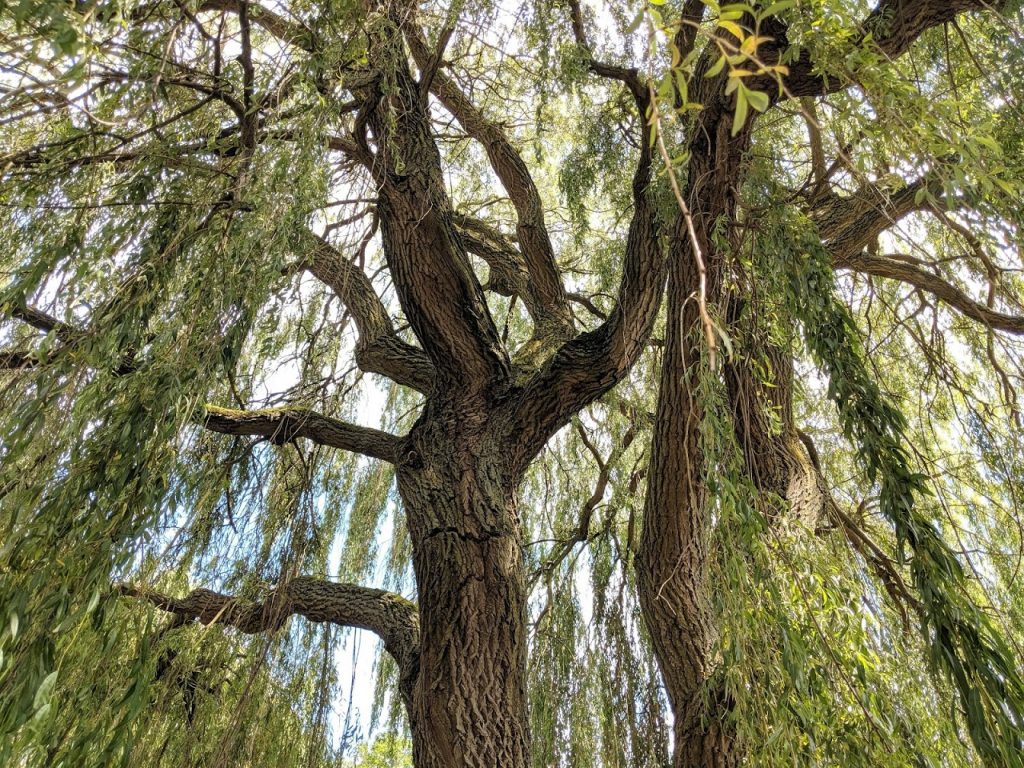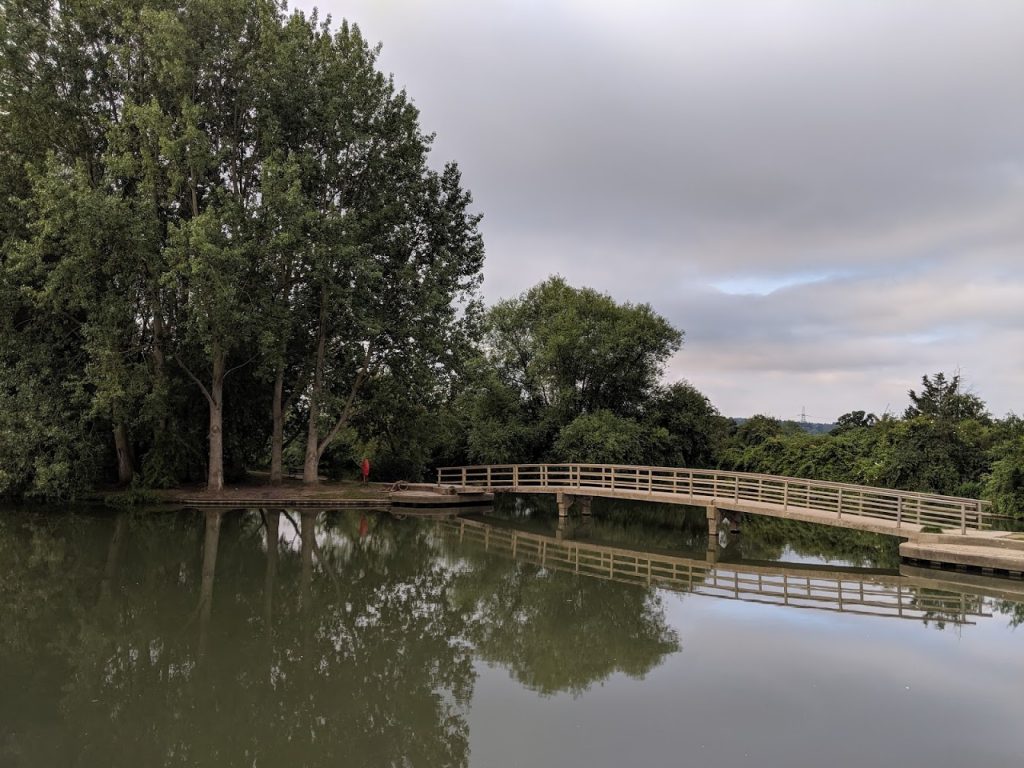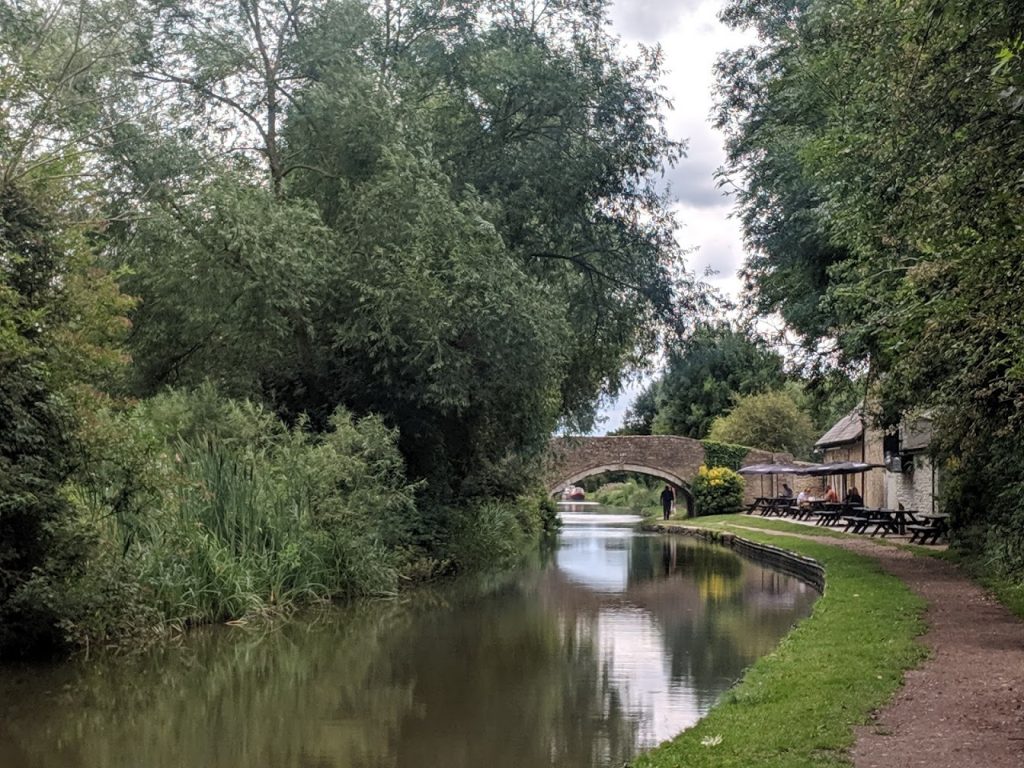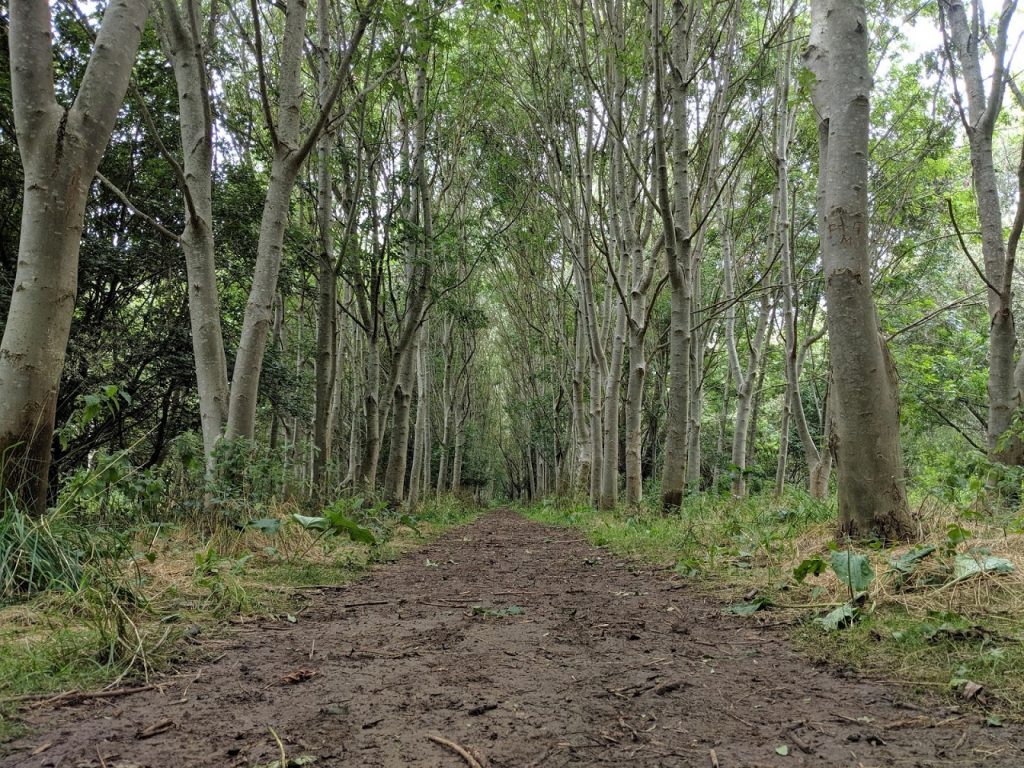Short version: Here are some observations about Paris.
Long Version:
Milk and Water
Growing up in Australia and now living in the United Kingdom, when I buy milk I usually look for refrigerated shelving. As it turns out, this is not where you find milk in French supermarkets, as Ultra-high Temperature (UHT) processing removes the need for refrigeration before opening. Table of UHT milk consumption by country here.
Paris is the first city in the world I’ve found sparkling water available on tap in an outdoor public space.
Queues at the Louvre
At the Louvre tourists queue for hours to see the Mona Lisa and take a photo of it. I’ve been thinking about this behaviour. The painting is aesthetically pleasing, historically significant, and widely discussed, but so are many paintings on display in galleries around the world. Particularly odd is that most people who get to it are unable to get particularly close to it, and use that brief encounter to look at it through their phone or camera. Given high resolution images of the Mona Lisa are easily available, I would almost go so far as to call this behaviour the “wrong” way to consume art, but on reflection I can’t justify why this is so. I would suggest that the experience of the scale of enormous historic paintings such as Oath of the Horatii or The Raft of the Medusa in person provides something difficult to gain from digital copies.
Segregation
Wandering the streets of Paris it is clearly a multicultural, multiethnic city. It was notable that those different groups tended to clump, both on the larger scale of multiple city blocks, but also on public transport. Race is a sensitive issue though, and as I lack experience writing about it I’m hesitant to address it hurriedly.

